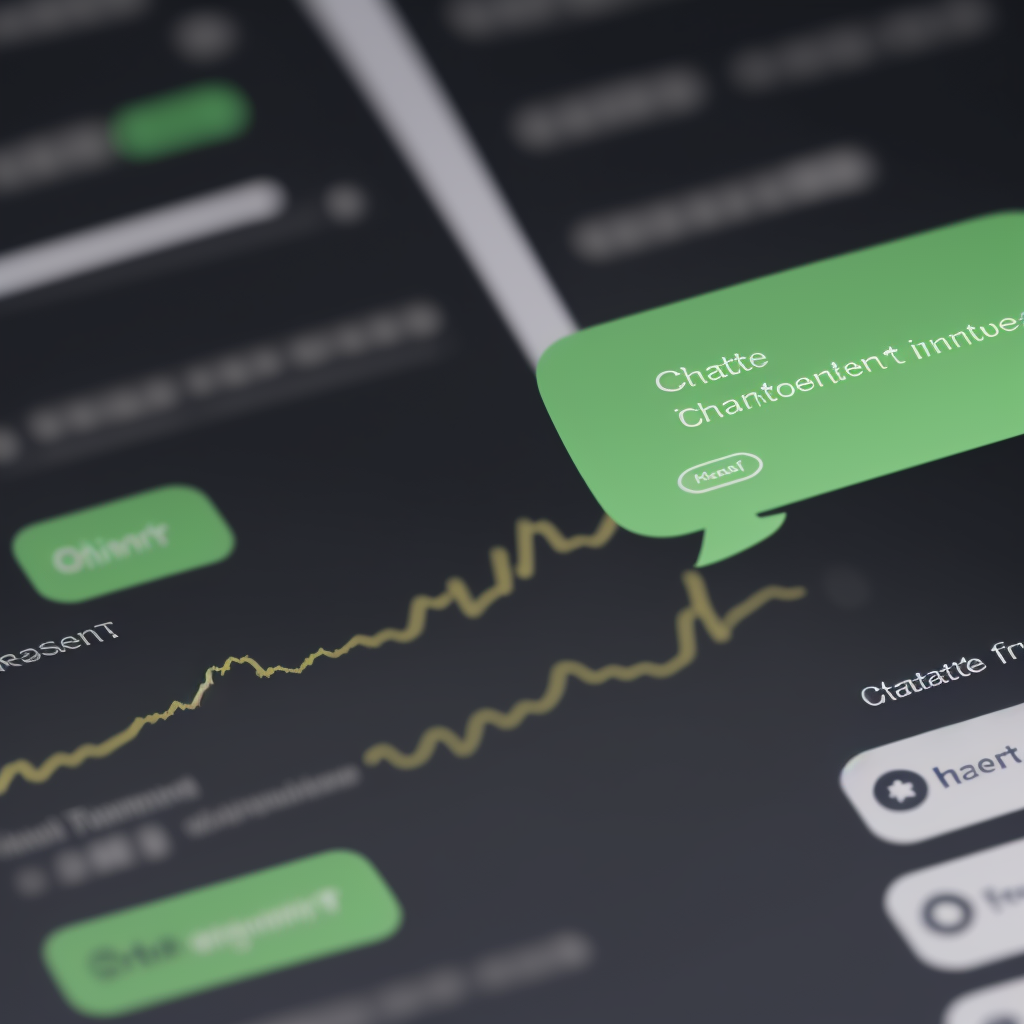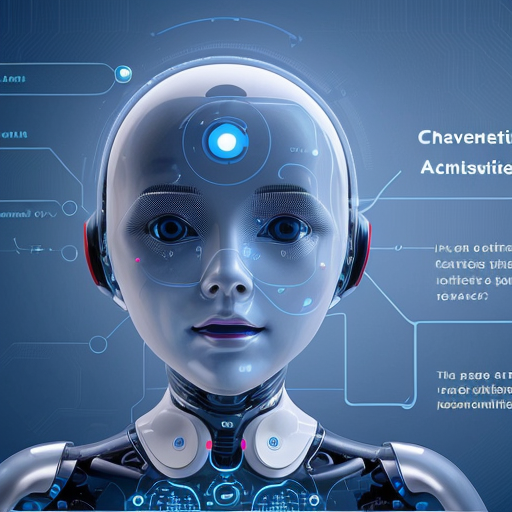The Impact of ChatGPT on Healthcare: A New Era of Patient Care
The healthcare industry is on the cusp of a revolution, thanks to the introduction of artificial intelligence (AI) chatbots like ChatGPT. This innovative technology is transforming the way patients interact with healthcare providers, improving patient outcomes, and increasing efficiency. In this article, we’ll explore the impact of ChatGPT on healthcare and what it means for the future of patient care.
Enhanced Patient Engagement
ChatGPT has enabled patients to interact with healthcare providers in a more personalized and convenient manner. By providing instant access to medical information, symptom checkers, and appointment scheduling, ChatGPT has empowered patients to take a more proactive role in their healthcare. This enhanced engagement has led to better health literacy, increased patient satisfaction, and improved health outcomes.
Virtual Assistants for Telemedicine
ChatGPT’s capabilities have also enabled the widespread adoption of telemedicine, allowing patients to remotely consult with healthcare providers. Virtual assistants powered by ChatGPT are simplifying the telemedicine process, enabling patients to schedule appointments, complete electronic health records (EHRs), and receive personalized health advice. This increased accessibility has expanded healthcare services to underserved populations, bridging the gap between healthcare providers and patients.
AI-Powered Diagnosis and Treatment
ChatGPT’s ability to analyze vast amounts of medical data has improved diagnostic accuracy and treatment outcomes. The chatbot’s natural language processing capabilities allow it to interpret patient symptoms, medical histories, and test results, providing healthcare providers with a more comprehensive understanding of each patient’s condition. This insights-driven approach has enabled healthcare providers to develop targeted treatment plans, reducing the risk of misdiagnosis and improving patient outcomes.
Streamlining Healthcare Operations
ChatGPT is also streamlining healthcare operations by automating routine tasks, such as patient scheduling, claims processing, and medical billing. This reduction in administrative burden has enabled healthcare providers to focus on high-value tasks, such as patient care and research. The increased efficiency has also reduced costs, improving the overall financial sustainability of healthcare providers.
Privacy and Security Concerns
While the benefits of ChatGPT in healthcare are significant, there are also concerns about privacy and security. To mitigate these risks, healthcare providers must implement robust security measures, such as end-to-end encryption and secure data storage, to protect patient data. Additionally, providers must ensure that patients are informed about how their data will be used and that they have control over their personal health information.
Conclusion
The impact of ChatGPT on healthcare is undeniable. This AI-powered chatbot has transformed the way patients interact with healthcare providers, improving patient engagement, outcomes, and efficiency. As the technology continues to evolve, we can expect to see even more innovative applications, such as personalized medicine and remote patient monitoring. While there are challenges to be addressed, the benefits of ChatGPT in healthcare are too great to ignore. The future of patient care is bright, and ChatGPT is leading the way.




